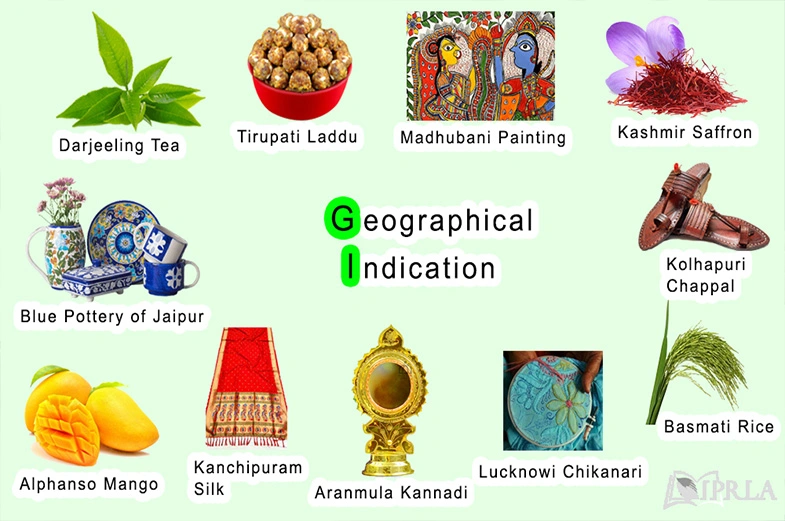Intellectual Property
Law Firm
Functioning in India
Dedicated.

Intellectual Property Law
Intellectual property (IP) law is a set of rules that protects creative and innovative works, such as patents, trademarks, copyrights, industrial designs, geographical indications, trade secrets and more about innovations. The purpose of these laws are to encourage innovation and creativity by giving creators and owners of IP an exclusive legal right to their creation.
Trademark, patent, industrial design, copyright, geographical indication (GI) and trade secret laws protect businesses’ products or services, inventors’ inventions, product appearance, creative works, products associated with specific geographic locations, and confidential business information. Intellectual property laws also apply to the internet, including domain name disputes and online copyright infringement.
IP law is complex and constantly evolving. Hence, it is important for individuals and businesses to understand how these laws apply to their specific business and situations in order to effectively protect and leverage their IP assets.
Trademark


Copyright
Patent
A patent is a set of exclusive legal rights granted by the legal authority of a government to an inventor or assignee for a limited period of time for the invention or discovery of a new and useful article of manufacture, machine or composition of matter, or a new and useful improvement thereof. A novel product or a process for preparing a product are patentable in India. Mathematical or business method or a computer programme per se or algorithms or software are not patentable in India.


Industrial Design
Industrial design in law terms refers to the protection of the external features of a product, its shape and appearance. Industrial design rights are intended to reward the creators and manufacturers of functional products with a competitive edge, such as industrial machinery, furniture, toys, home appliances, and more. A registered industrial design obtains a legally enforceable exclusive right.
Geographical Indication
Geographical indication (GI) refers to an indication used on goods that identifies a product originating from the territory, region or locality of a particular country, where a given quality or other special characteristics of the product are attributable to its geographical origin. GI law protection ensures the exclusive rights of the indicated origin to prevent the use of those indications by unauthorized entities.


IP Registration Procedure
Intellectual property (IP) registration requires compliance with numerous national and international laws. To obtain certification for IP such as trademark, patent, industrial design, or copyright, businesses or inventors must complete the statutory procedure in the defined modus operandi with the relevant governing body. The process includes searching for prior existence, applying to the governing body and satisfying eligibility criteria established by the governing body. The claim for the specific IP right will undergo the step by step procedure flow in accordance with the applicable law. Upon acceptance of the claim, the statutory body awards the certification. IP rights holders must protect their IP through monitoring, enforcement, and renewal measures.
Trademark Opposition Procedure


Cease & Desist Notice
IP Litigation
P Litigation is a type of civil as well as criminal law for disputes related to intellectual property rights and protections.
A major portion of IP Litigation involves Person seeking to protect and enforce their intellectual property rights in order to maintain their competitive edge, through application of law as an appropriate remedy.


